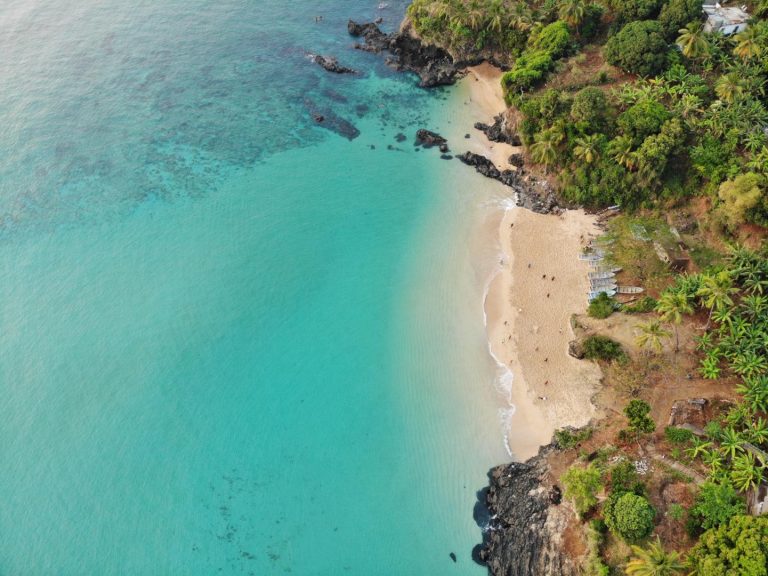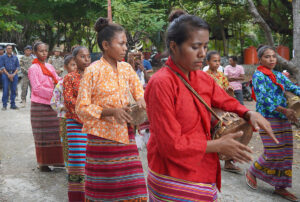The expedition, led by conservation organisation Blue Ventures, will be at sea for three weeks, sailing from the town of Morondava. During the voyage marine biologists will collect important scientific data, documenting local conservation issues, and raising awareness of the conservation value of marine resources. Throughout the voyage the expedition will report its findings online, producing films and news reports documenting threats to the region’s spectacular marine life, and investigating the impacts of climate change on the archipelago’s fragile marine environment.
The eight-person team will include international marine biologists, photographers, film-makers and journalists all helping to increase environmental awareness by sharing stories about marine conservation issues through radio and film.
“This cruise will be the first of its kind in Madagascar, giving us an unprecedented opportunity to share our incredible marine heritage with the public and to engage people in communicating ocean conservation messages“ said Mialy Andriamahefazafy, Environmental Policy Officer with Blue Ventures in Antananarivo. “By focusing on the environmental challenges being experienced by local communities along the west coast, and with film-makers working alongside reef scientists, the expedition will also raise national awareness and support for marine conservation in this unexplored region.“
Communicating climate change
Underwater films produced by the team will explore the extraordinary diversity and fragility of the region’s coral reefs, many of which remain completely unexplored. The Barren Isles ecosystem comprises an enormous diversity of habitats, from deep oceanic waters to diverse coral reefs, extensive mangrove forests, estuarine marshes, wetlands and coastal dunes, and dense semi-humid tropical forest.
The expedition will document the work of the crew as they visit the islands, encountering traditional migrant fishermen living on the sand cays, and witnessing at first hand the impacts of climate change, overfishing and dwindling marine resources on the livelihoods of these communities. The scientists will also report on success stories from conservation initiatives being developed in the region by local fishing communities.
Towards conservation
Owing to their remoteness and offshore isolation, the reefs of the Barren Isles have experienced comparatively low levels of human exploitation to date, and are consequently among the healthiest in the entire western Indian Ocean region, supporting very high abundance of fish.
“Our reconnaissance surveys of the Barren Isles found that these coral reefs are thriving ecosystems, sheltering a rich variety of marine fauna” said Tanguy Nicolas, coordinator of Blue Ventures’ conservation efforts in the coastal city of Maintirano, western Madagascar. “However, with ever increasing numbers of fishermen migrating to these islands each year there are indications that the isles’ exceptional biodiversity is facing immediate threats from unmanaged exploitation.“
The information collected during the expedition will allow scientists to determine the health of the reefs, and to understand how they are being affected by human pressures, including climate change. This information will support management plans for conservation of the Barren Isles, which have been highlighted as a priority area for marine conservation in Madagascar.
Editors notes:
Blue Ventures is an award-winning marine conservation organisation, dedicated to working with local communities to conserve threatened marine environments. Our highly acclaimed conservation programmes work with some of the world’s poorest coastal communities to develop conservation and alternative income initiatives to protect biodiversity and coastal livelihoods.
You can follow the expedition’s progress online here
Blue Ventures recently published a feasibility study for the protection and management of the Barren Isles ecosystem. The report can be downloaded here
More information about Blue Ventures’ work developing community-managed marine protected areas in Madagascar can be found here








